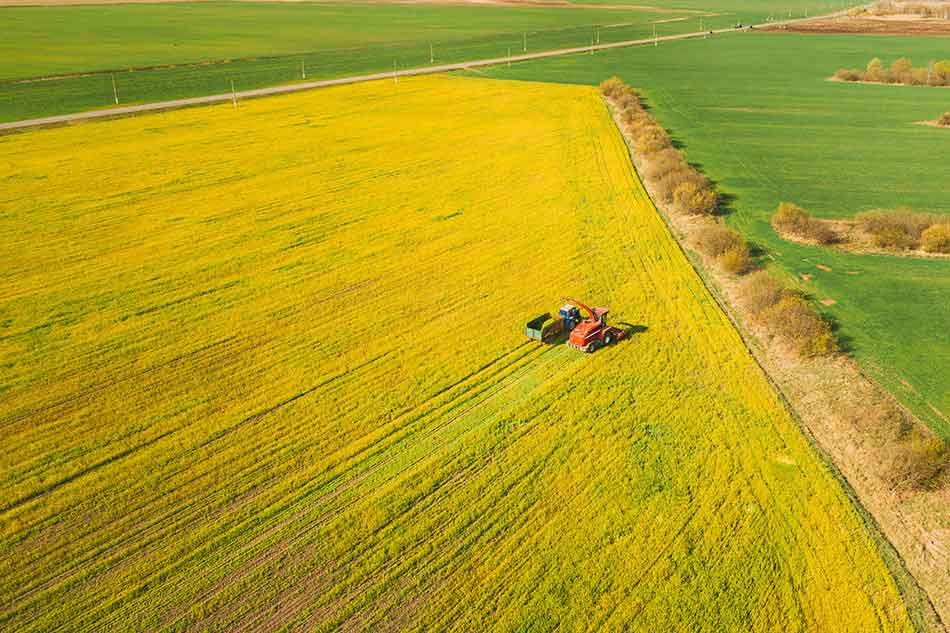Plastic injection molding has spurred product and process innovation across a swath of industries. One industry in particular that has seen vast innovation through the introduction of plastic injection molded parts is the agriculture sector. With the onset of highly precise, quality, mass run parts manufactured quickly and efficiently, agriculture has been able to find a multitude of ways to seamlessly adopt injection molded pieces into a number of applications that require precision to ensure maximum yield.
From Seed to Harvest, and Everything in-between
The role of plastic part innovations in the agriculture industry has had a rich history over the past 90 years. Because plastics are durable and light-weight, their ability to be adapted for multiple tool and equipment applications throughout agricultural processes is unsurpassed. For instance, injection plastic molded parts do not suffer from the same rusting and weathering issues that metal parts have when exposed to the outdoor elements, or when in contact with a variety of materials, allowing plastic parts to boast a longer lifespan for certain applications.
For the agriculture industry in particular, the parts need to do more than just perform — they need to be compliant. Because the U.S. AG industry is responsible for supplying the nation, and the world, with the food necessary to nourish the globe’s citizens, this requires strict regulation to ensure food safety standards. To meet FDA standards, testing and monitoring needs to be accurate at every stage of cultivation, which is why injection molded parts are utilized in equipment to test the soil, remove debris from seeds prior to planting, place the seed at specific depths for optimal growth, and help provide exact irrigation flow control.
Cost Effective Quality
Precision is excellence in injection molding. By controlling all stages of the molding process, Hansen Plastics is able to pass on additional savings to manufacturers while producing parts that meet and exceed the quality standards required by their customers, such as those in the agriculture sector.
Using a process known as Decoupled MoldingSM, HPC engineers utilize transducers within the mold to adjust aspects of the molding process. This allows for minute changes in pressure, temperature, and flow to be made in real-time while the mold is running, ensuring production runs are completed efficiently and accurately. By employing these advanced techniques, Hansen Plastics’ engineers can monitor progress while producing without flashing or variance, reducing potential waste and defects at the same time. This helps engineers guarantee the consistent production runs clients expect, at a more cost-effective price, and with greater guarantees for a quality finished product.
HPC is committed to providing a customer-centric injection molding process. For industries like agriculture, which rely on design perfect products for precision excellence, minimal variance, and maximum product yields, consistent high-quality parts produced efficiently are a requirement. And these parts need to be delivered at affordable, competitive rates. The team at Hansen Plastics is dedicated to meeting their client’s level of expected quality and affordability, and their compliance requirements, by producing plastic injection parts with continuous innovation in plastic injection molding process. If you are looking for a trusted, experienced plastic injection molder to handle your products, reach out to HPC today, or visit HansenPlastics.com for a full view of Hansen Plastic’s capabilities.



